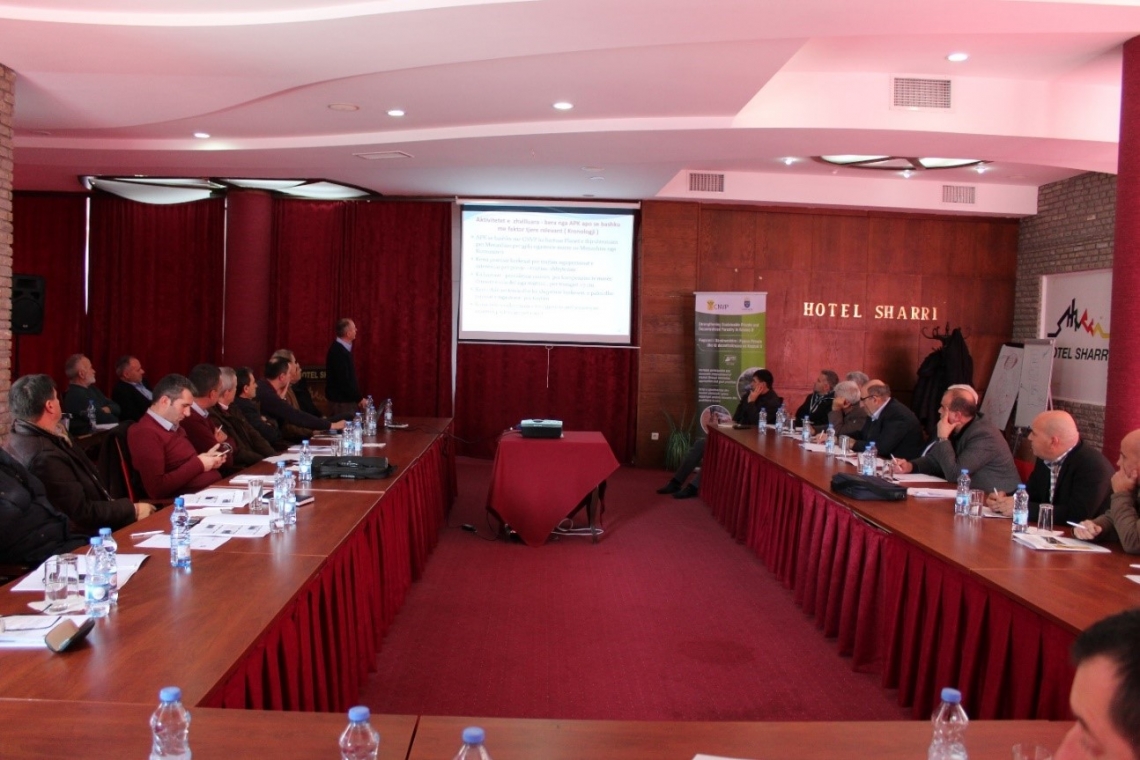News
Joint Forest Management Reviewed in Kosovo

In accordance with Kosovo’s policy and strategy paper for 2010-20 on development of the forestry sector, the Joint Forestry Management (JFM) process has started, supported by the Strengthening Sustainable Private and Decentralized Forestry (SSPDF) project that is being implemented by CNVP Kosovo and funded by Sida.
The JFM process offers an incentive for good management of coppice trees, with the emphasis on degraded coppice, in order to ensure sustainable forest management, rehabilitation of degraded forests, and a good supply of firewood for the local community.
A key element of the process has been the formation of three regional, multi-stakeholder core groups that represent all relevant actors, including: representatives of the Associations of Private Forest Owner (APFOs), municipal forestry officers, staff of the Kosovo Forest Agency, forestry experts and NGOs.
CNVP organized a consultative meeting in Prizren between the core groups from Peja, Gjilan and Mitrovica on 21 December 2017. Joined by other key stakeholders involved in JFM to discuss the findings to date, they outlined the challenges that have been overcome during the establishment of the JFM process, including the need to create an appropriate legal framework. All participants were positive about continuing the work, which is being introduced for the first time in Kosovo, (with no similar experiences or models inside or outside the Balkans).
Priority in the JFM process has been given to municipalities which feature low forests that are predominantly used for firewood. The first beneficiary of JFM has been Novoberdo municipality, where implementation has already started. Future activities will begin in the other pilot municipalities of Istog, Gjakova, Suhareka, Hani i Elezit, Malisheva, Kaçanik, Shtimje and Skenderaj.
CNVP is supporting the process of dialogue, organising events, and ensuring participation of all stakeholders in debating private sector development through JFM, thereby enabling local communities and APFOs to take responsibility for sustainable forestry management in the pilot areas.
